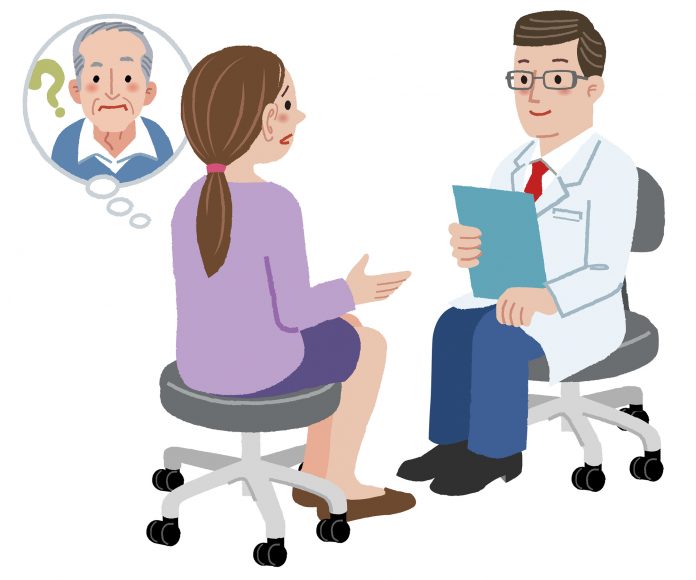Many seniors are uncomfortable asking questions of their doctor or insisting on more information when they need it. You aren’t alone if you find it difficult or stressful talking to your doctor. If it makes it easier for you, bring a family member or friend. If you have a caregiver, they should be at the doctor appointments to provide support and help ask questions.
Tips for Talking to Your Doctor
Write down questions and any concerns before the appointment and bring these with you along with any information that you would like your doctor to clarify. Take notes while you are there. Ask questions if you don’t understand something your doctor tells you. Be honest when answering questions. Your doctor can’t help you if he or she doesn’t have all of the facts.
Your primary care doctor knows you best and is aware of any past health problems. Keep them informed and up to date on your habits, such as how well you sleep, your diet, the amount of exercise you get. Help him or her get to know you better as a person.
Ask about vrious treatments, what they involve and also how to manage any of your symptoms or conditions. Look for alternative treatments if any that are suggested bother you. Explain clearly and in detail to your doctor any new symptoms which you may be having. Tell your doctor how they may be affecting your life and your ability to do certain tasks. See if there are any lifestyle changes you can make that will benefit you and keep symptoms or further health problems to a minimum.
If tests are ordered, find out why. Get details on what the tests entail and what the results may mean to you. Find out the side effects of any medication you may be taking or any newly prescribed medication. Are there special instructions to go with the medication, such as taking it with food or at a certain time? What are the side effects or risks associated with it?
Ask for possible causes of physical or emotional problems. Get as much information as you can from your doctor and ask where you could find out more. Find out if there are supplements that would benefit you and make sure that any of your shots, such as the flu shot are up to date. There are also vaccines available now for pneumonia and shingles. Find out if these can be of benefit to you.
Also find out from your doctor what other seniors with your health problems or living with your circumstances do to improve their lives. There are always community resources available and your doctor is the best person to inform you of these. These tips should make talking to your doctor a bit easier!
























